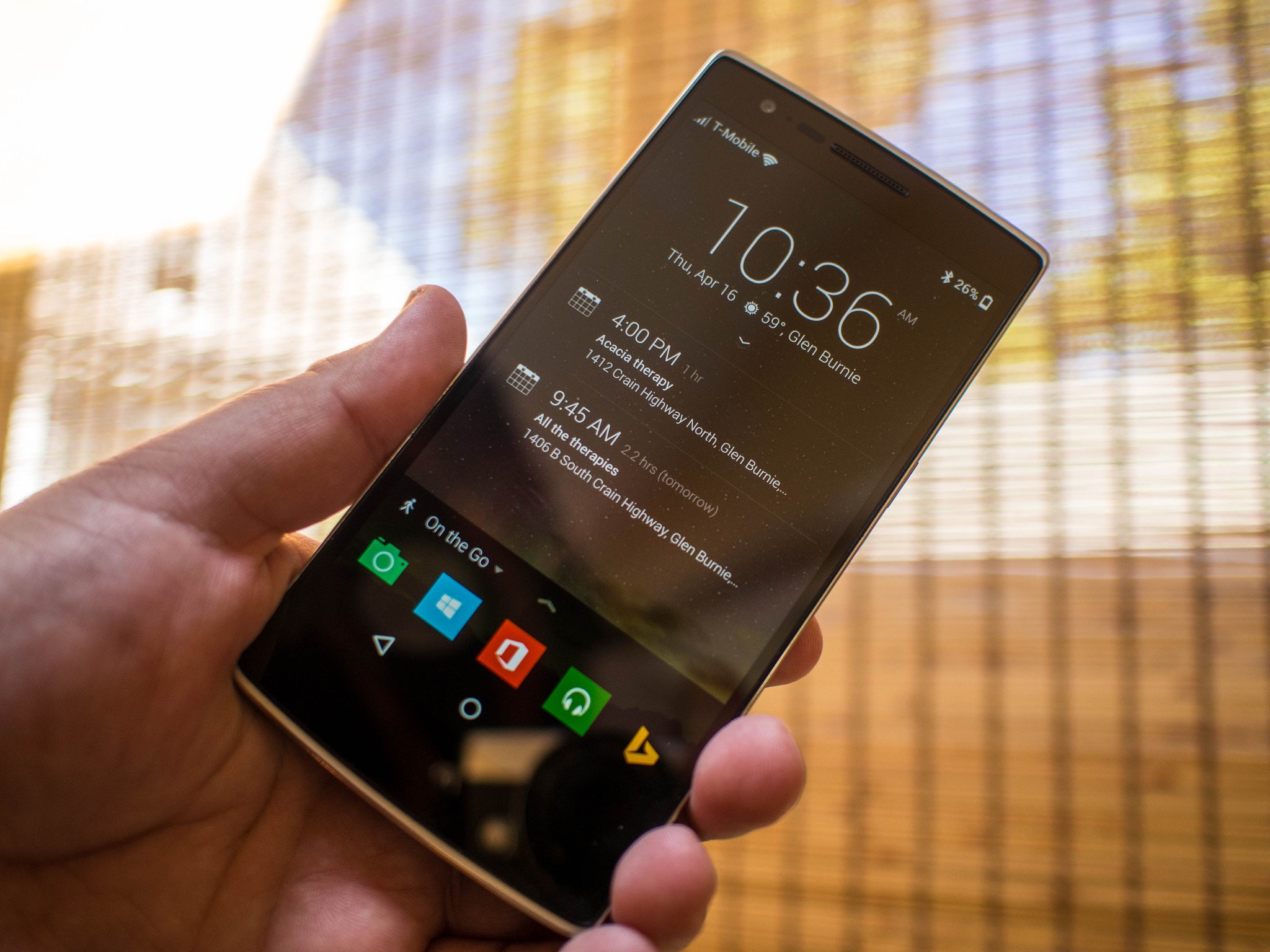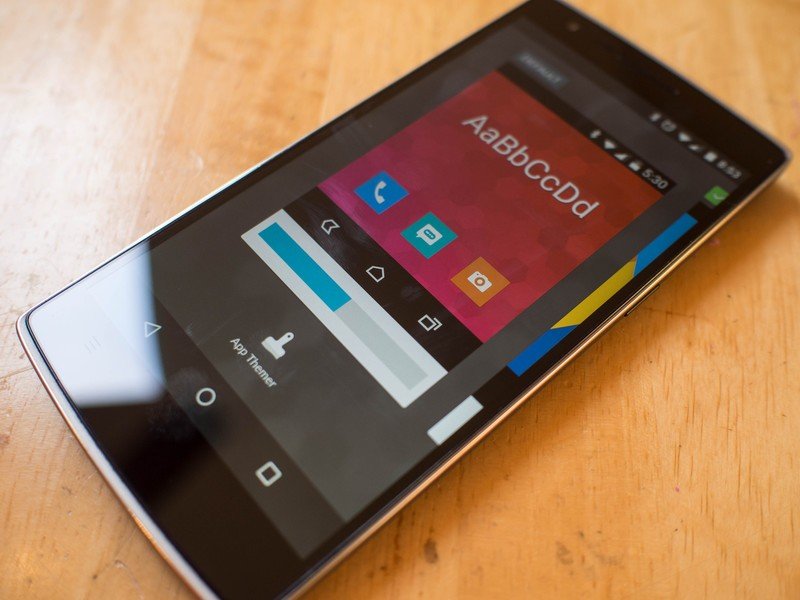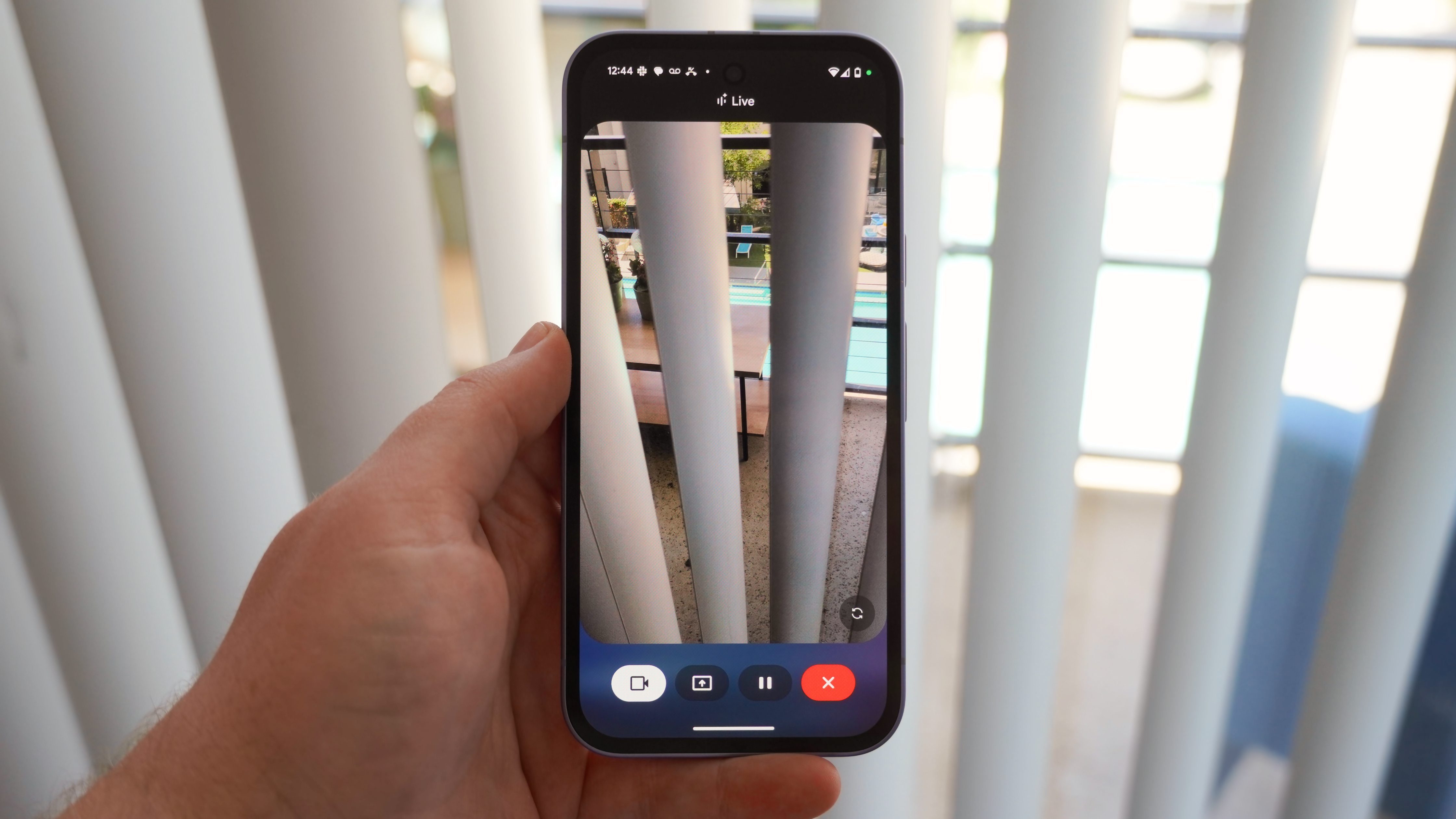Cyanogen's Microsoft deal includes removable apps and 'contextual' suggestions

There aren't a whole lot of Android users out there who enjoy seeing the words "Microsoft apps included" when it comes to their devices — and this goes back a long, long way — and power users who use CyanogenMod and Cyanogen OS are more likely than most to react negatively to that sort of partnership. As a result, news that Cyanogen and Microsoft are partnering to include Bing services, Outlook, and other apps on Cyanogen OS has caused a fair bit of teeth-gnashing and hand-wringing.
Given Microsoft's sordid history when it comes to Android and Samsung's decision to make Microsoft's apps disable-only on the Galaxy S6 and Galaxy S6 edge, concern is well deserved.
After a brief email conversation with the folks at Cyanogen, however, some of that initial concern appears largely unwarranted. Here's what's up:

The big concerns when dealing with something a significant as plans to include multiple Microsoft apps onto an otherwise clean and reasonably bloat-free fork of Android like Cyanogen largely focus on whether or not this partnership will ruin the very things that drove users to the experience in the first place. As it turns out, Cyanogen's integration plans with Microsoft sound a little different from the Microsoft/Android experiences we've seen already. For starters, the Microsoft apps being included in Cyanogen OS will be removable — and not the "oh just go and disable it in settings" kind of removable. You'll be able to get rid of those apps and use whatever you want as your default, and while that's an unnecessary step for folks who aren't interested in Microsoft apps it's worlds better than being stuck with the apps permanently. Bloatware may be largely misunderstood (or, rather, interpreted however the user chooses), but it's still a pain for those who know exactly what they want.
"Users will be able to remove apps they don't want to use. Cyanogen OS is designed to be an open platform, and customers ultimately decide what apps they want as their defaults." — Cyanogen Inc.
Perhaps more important than the option to use or remove these Microsoft apps on Cyanogen is how the content will be presented. When asked whether the Microsoft apps would show up in an OTA like we saw with SwiftKey not too long ago, it seemed as though that decision hadn't been made yet. Instead, a Cyanogen rep explained "Microsoft apps will be surfaced contextually, and will always be downloadable." which suggests a suggested apps system similar to what HTC offers on the M9 (for better or worse). No one seems ready to discuss how this system will work or what context clues will be used, but given the products Cyanogen has agreed to integrate into their platform it's not hard to guess search, email, and productivity will be a big part of it.
Ultimately, this decision leaves users with a couple of simple choices. While it's probably worth waiting to see if these changes affect you in any way, Cyanogen claims to have no plans to make Microsoft's apps a part of their CyanogenMod community releases. It's not clear whether or not these changes will arrive in Cyanogen OS 12.1, but "near future" is closest date you can expect for this particular launch. Throughout all of this, Cyanogen is focused on a single message — that their flavor of Android is all about choice, and offering an alternative to Google's core apps and services is a part of that message. Microsoft may not be your cup of tea, but creating a complete package that serves as a viable alternative to Google's services isn't a bad thing, and as long as Cyanogen isn't trying to force one ecosystem or the other on users it'll be interesting to see how this plan plays out.
Be an expert in 5 minutes
Get the latest news from Android Central, your trusted companion in the world of Android

